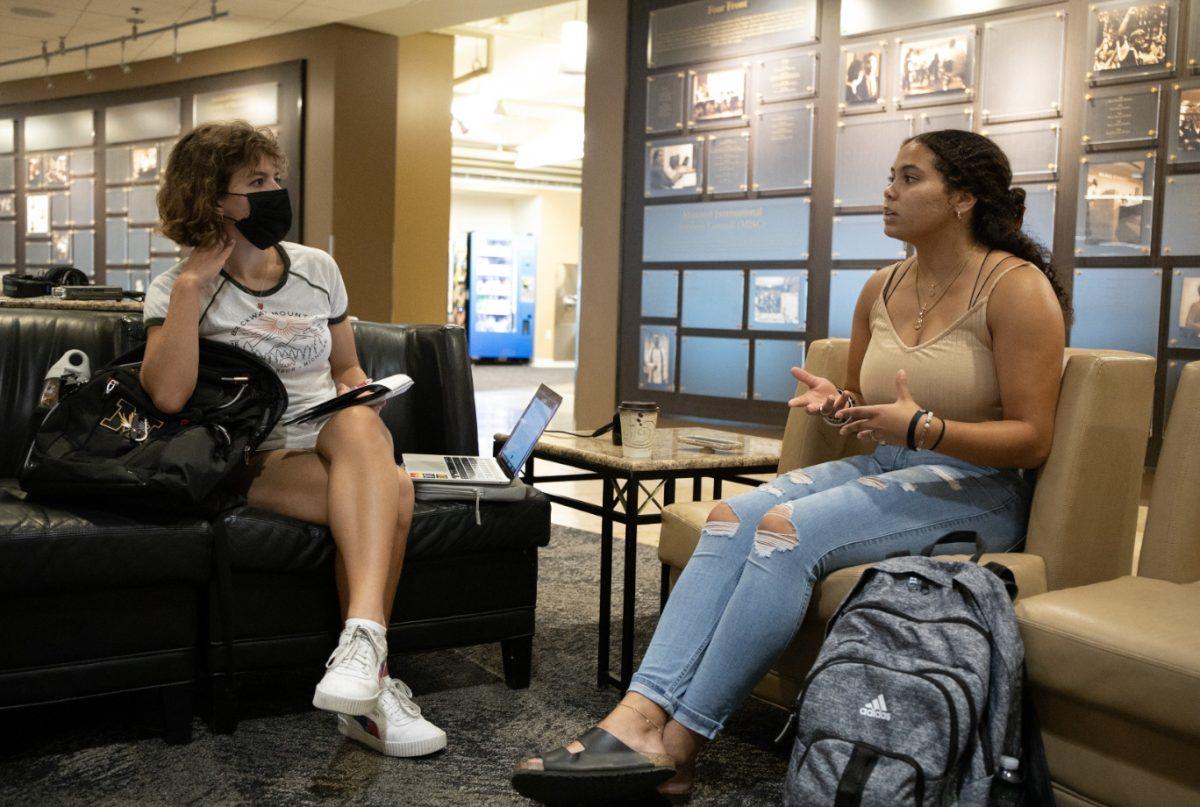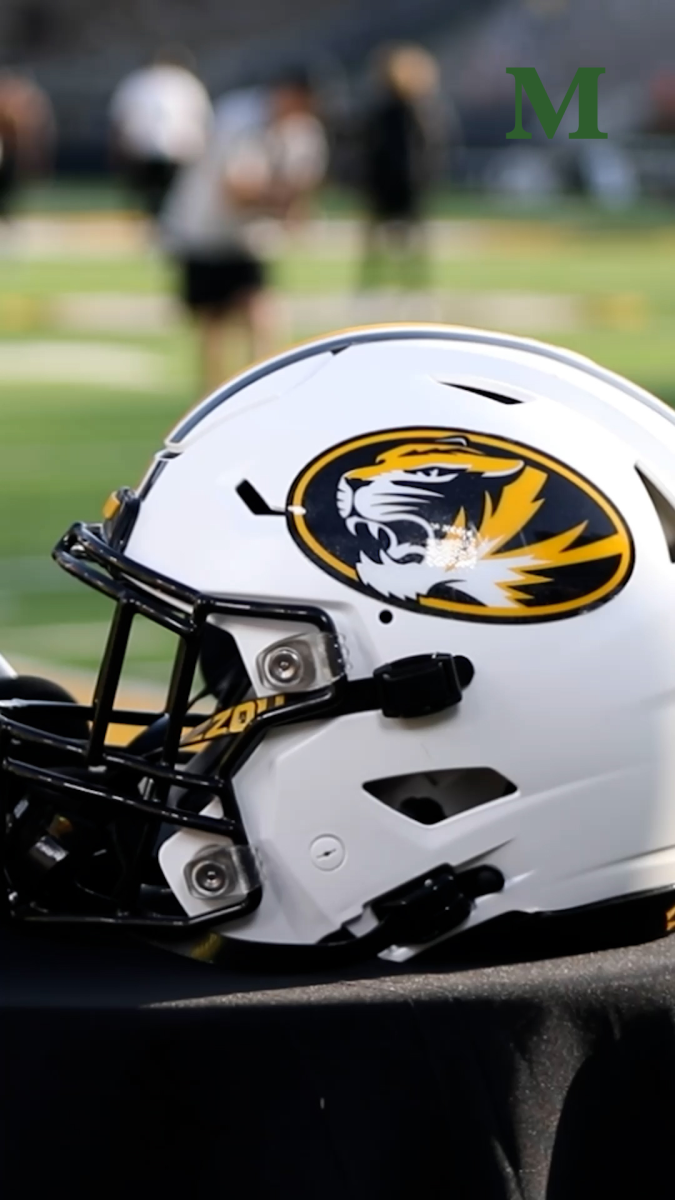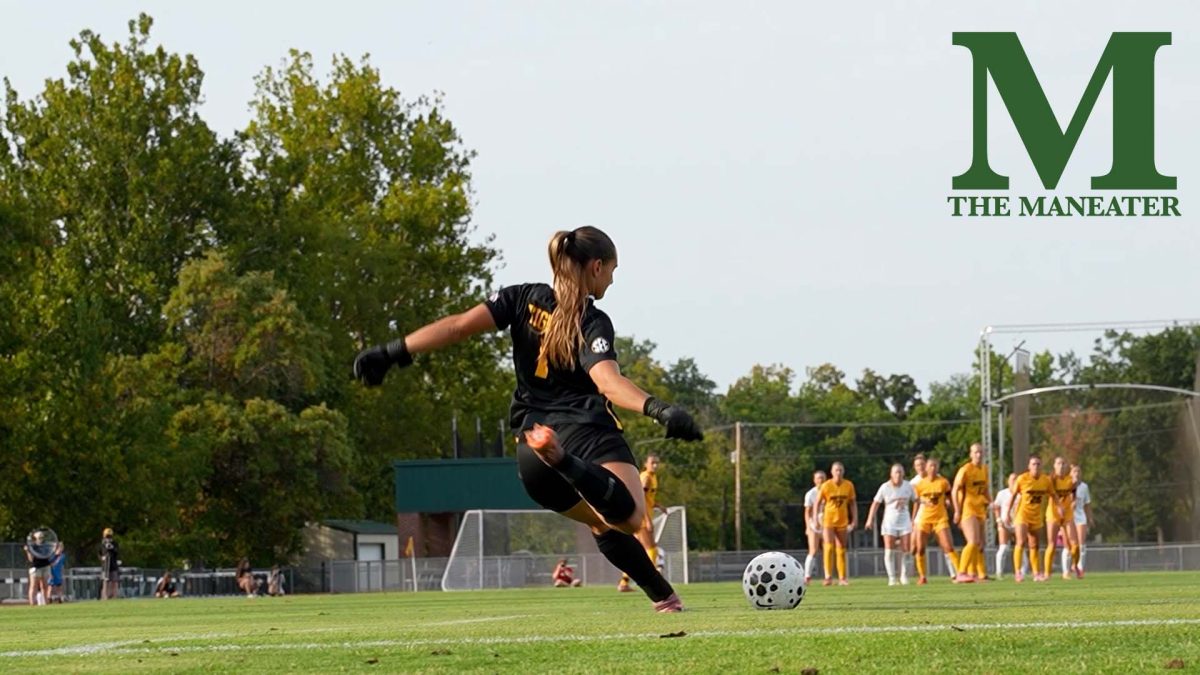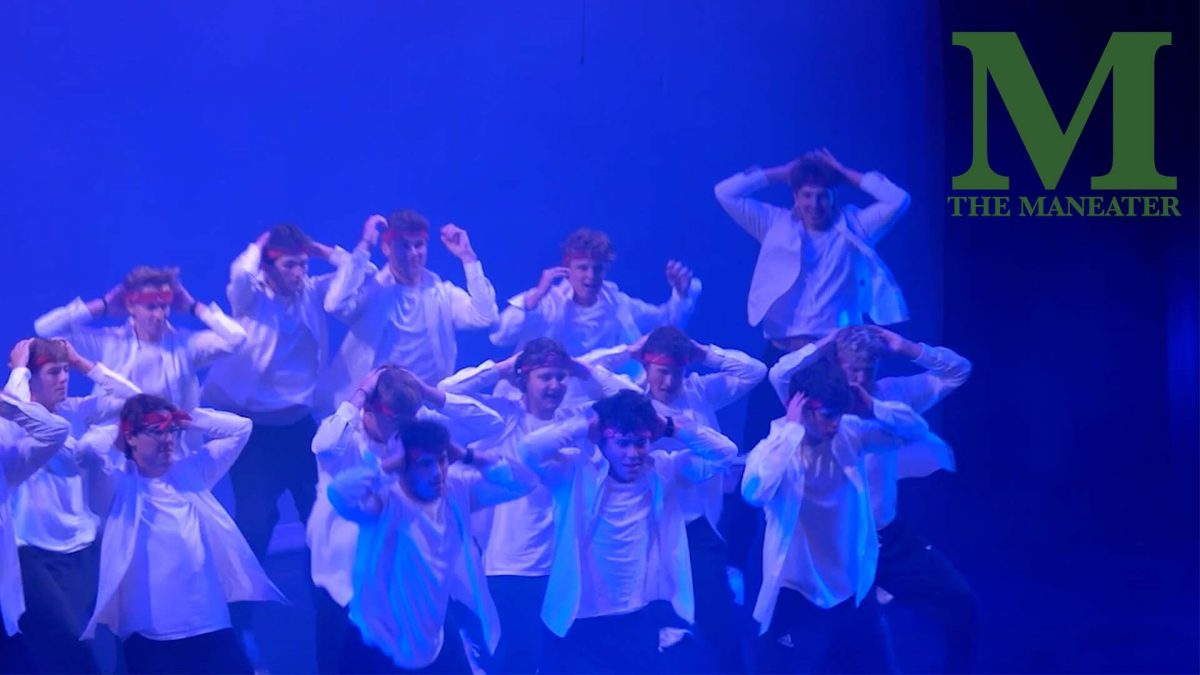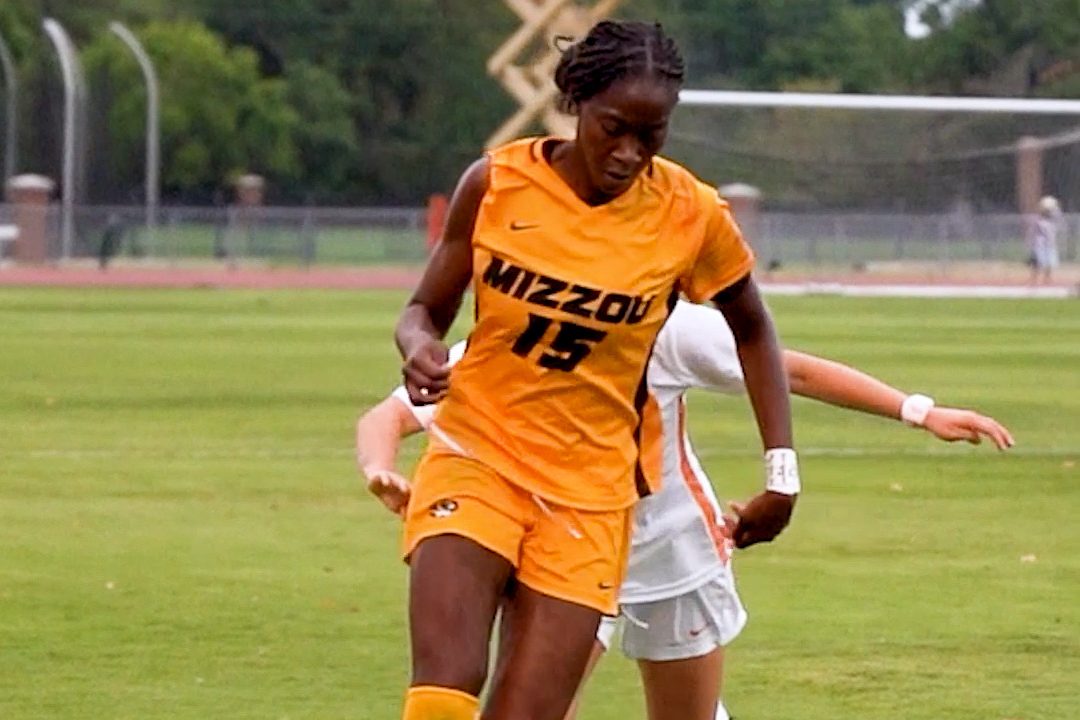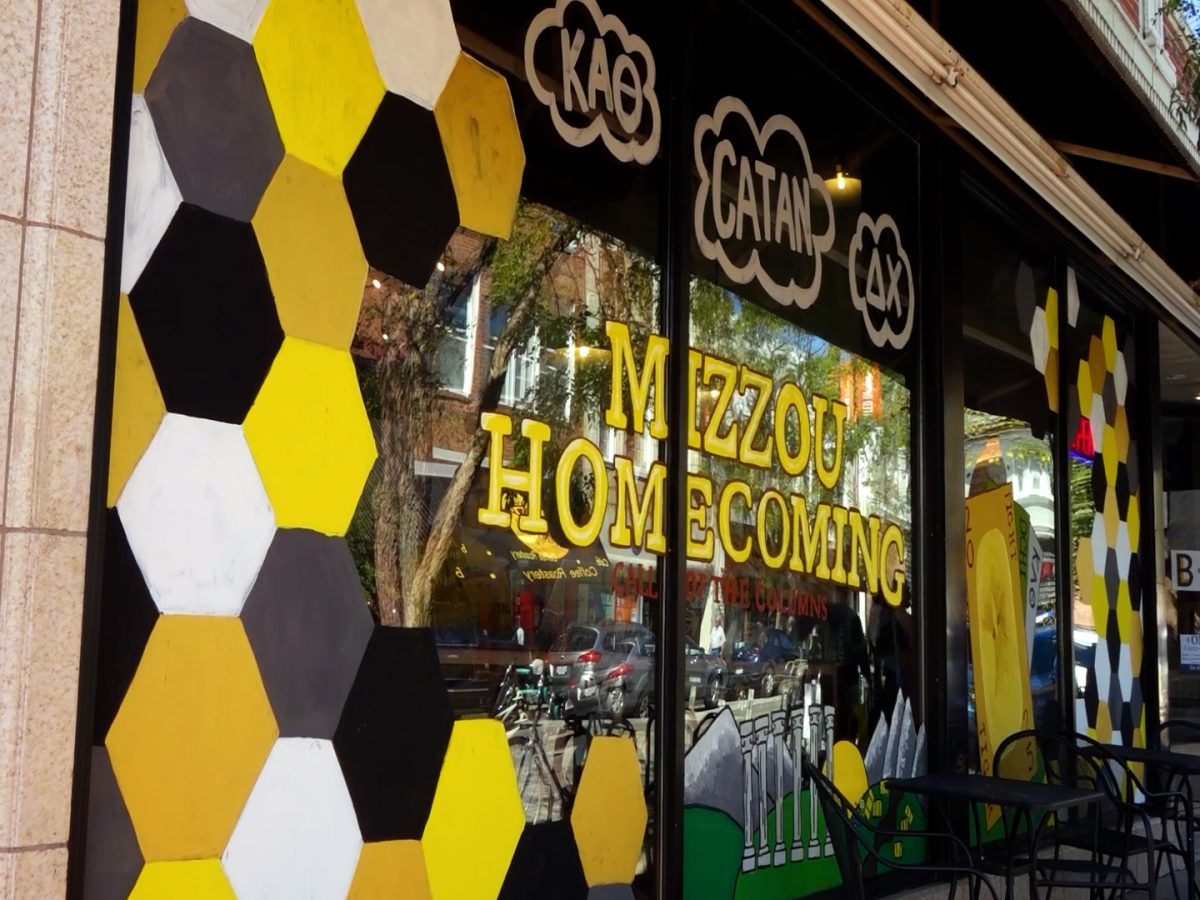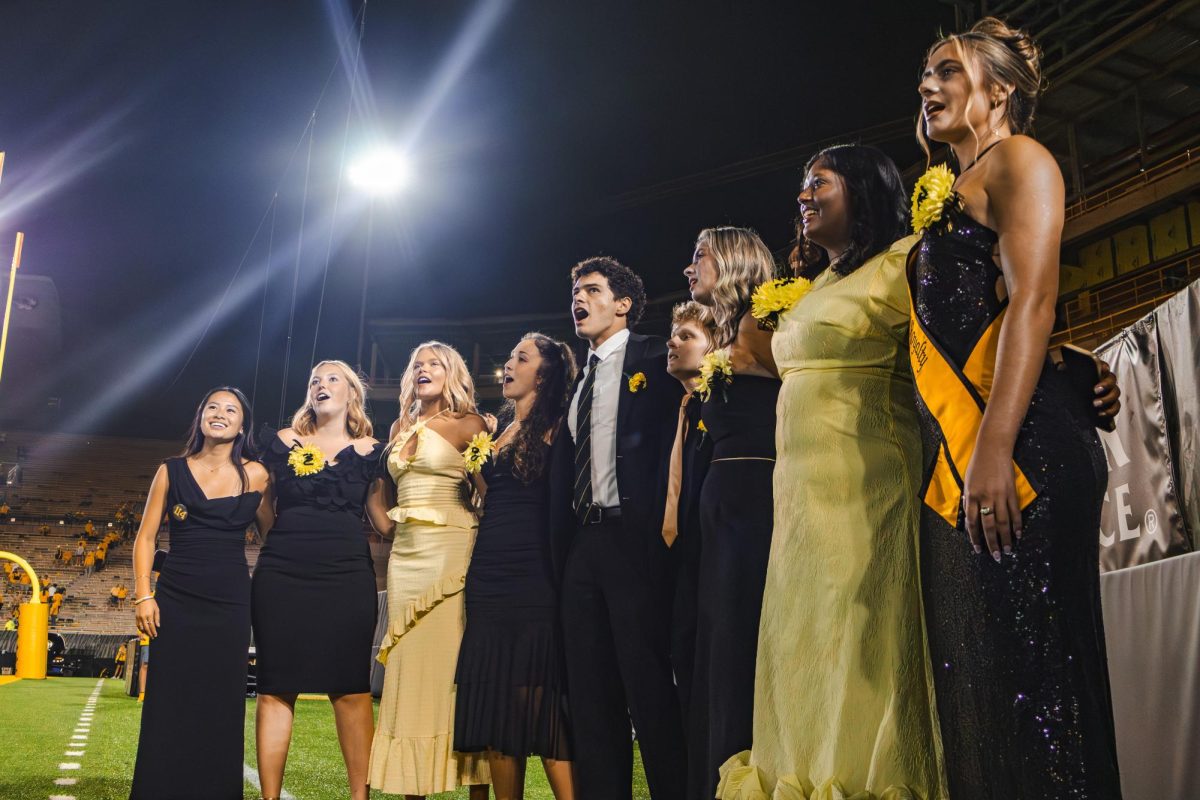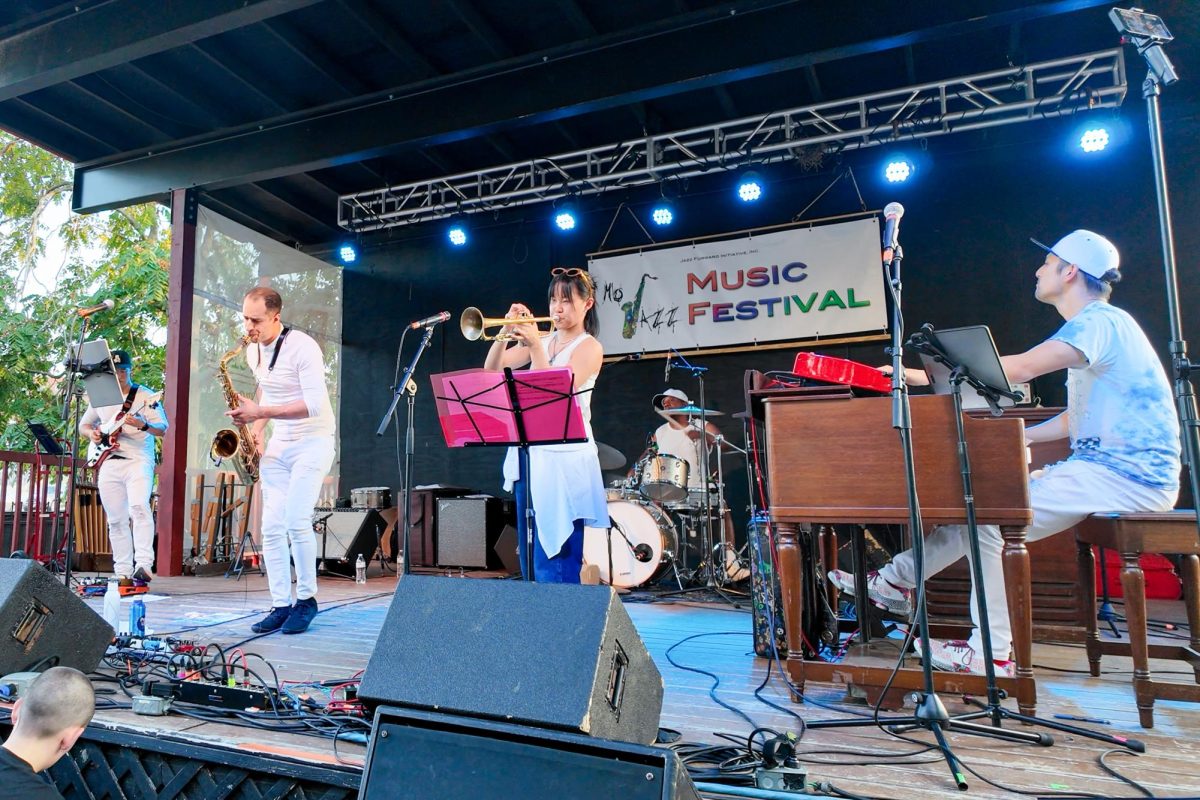Over the last two weeks, the Residence Halls Association election occurred virtually with ballots emailed to students. Results following the election are still pending in some residence halls. The elected hall government leaders will begin working with the RHA to create change in their residence halls. Leadership positions include a president, vice president, treasury and secretary in each residence hall.
The RHA is an MU student governing body that enacts policies, budgets for accommodations and plans social events in the residence halls. Sophomore Daly Martin, Director of Resident Engagement, said she is excited for the upcoming year in the RHA.
“We’ve got a lot of new people who are wanting to learn and really make an impact on campus,” Martin said. “One of the things we are really excited for is getting back to in-person programming.”
Following an information session about residence life leadership, students began applying for their hall’s government. After securing their name on the virtual ballot, candidates could begin displaying posters in the hallways and announcing platforms.
Sophomore and Hatch resident Riley Neil ran for president of his residence hall. He said he hopes to improve the hall’s community through karaoke nights or movie nights.
“Other halls have pingpong tables and arcade games, and you walk around Hatch and see painted-up holes in the wall,” Neil said. “[We have] a pretty boring lobby, and I think we could make it a little more appealing.”
Freshman Mikayla Higgins said she is dedicated to making Mark Twain a “safe space” after winning her election for vice president. Higgins said the election allows her to engage with and represent the MU community and hopes to create a friendlier environment in her residence hall.
“I wanted to run to get more involved at Mizzou and be able to make an impact and be a representative for people who might not have been able to be represented in these types of positions,” Higgins said.
Freshman Jack Hessi ran for president and treasurer of Mark Twain and said he recognizes the value in a friendly living environment on campus.
“If everyone’s friends with each other, we’re going to see great things around here,” Hessi said. “It’s all about empathy and looking out for each other and making sure everyone is having a good, safe time and staying on track with academics. It’s good to have accountability, and if you don’t know anybody, there’s not going to be anybody to help you.”
Students living in on-campus housing help partially fund the RHA’s efforts through social fees, creating an incentive for residents to bring amenity or policy requests to the governing body. Leadership Coordinator Liam Sullivan said he believes the RHA is an “underutilized resource” on campus.
“Hall governments are responsible for all of the foosball tables, pingpong tables, arcade cabinets and things like gaming consoles that are around the common spaces around campus,” Sullivan said. “I feel like students should be aware of that because not only is it their resource, but it’s also their community.”
Martin said membership in the RHA gives students the opportunity to gain leadership skills and serve their peers. She sees an ideal RHA member as someone who is passionate about serving the student body.
“Even if they have never served on a hall government before, we want people who are willing to make a difference and willing to put in the work to make Mizzou and our dorms the best that they can be,” Martin said.
The RHA hosted the MU Welcome Week block parties and is planning for Haunted Hollywood, a Halloween weekend activity. After COVID-19 placed social events on hiatus for the 2020-21 school year, building community in residence halls remains a priority for the RHA.
“It’s important to feel, after you come out of your room, to be able to say ‘hi’ to someone, especially after the last year we had of being super isolated and trying to be 6 feet apart from everybody,” Neil said. “To feel a little closer, as a college, we need that.”
Edited by Namratha Prasad, [email protected]


